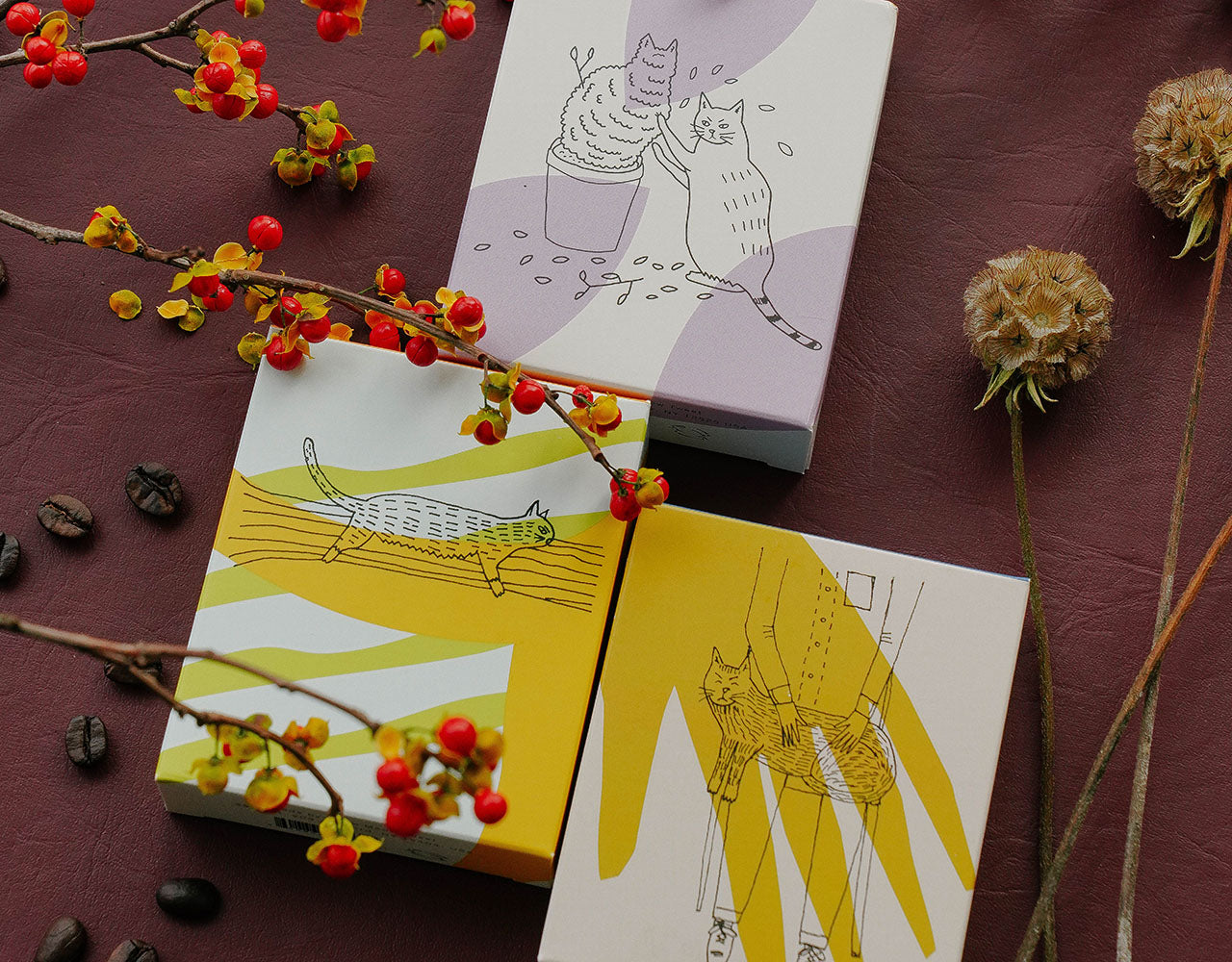
Palm oil is one of the most widely used vegetable oils, but a lot of people don't really know what it is and why we should avoid it.
WHAT IS PALM OIL?
This controversial vegetable oil is made from the pulp of the fruit that comes from oil palms. It's high in beta-carotene and saturated fat, which is why it's often used as a cheap vegetable oil in packaged products.
Palm oil is produced in Africa, Asia, North America, and South America. However, 85% of the palm oil sold is from Indonesia and Malaysia.
WHY SHOULD I AVOID IT?
While you can find palm oil that is produced sustainably (more on that later), most isn't. The palm oil industry is causing major issues to the environment, the animals, and the people in the countries involved.
In order to grow enough oil palms to profitably harvest the oil, the industry clears large amounts of land. The Say No to Palm Oil campaign cites the horrifying statistic that “an area the equivalent size of 300 football fields of rainforest is cleared each hour to make way for palm oil production” (Source). I don't know if you've ever seen a football field, but it's pretty big. Clearing 300 of them, every hour, demonstrates how devastating the palm oil industry is.
This means that the industry is contributing to major deforestation and they're destroying habitats, leaving animals without homes. This decreases our global biodiversity and destroys ecosystems. These ecosystems are no longer in balance, which can cause further destruction as plants and animals are no longer working together to create a harmonious system.
While the industry destroys the forests, they're also destroying the native animals. These animals, like the orangutan, are either injured, killed, or forced to move elsewhere. Their habitat is destroyed, completely changing their way of life.
The cleared land also means that humans have more access to these animals. Poachers and smugglers are easily able to find these animals and capture them because the animals don't have anywhere to hide. Even the people who live in the area can now easily capture animals for food.
Unfortunately, the destruction doesn't stop there. People who are native to the area suffer from the effects of the industry as well. While the industry claims to bring jobs and development to developing areas, they more often than not exploit the local people.
To have access to enough land to grow oil palms, the industry has taken land from Indigenous people, leaving them without a place on which they can build their lives.
To harvest the palm oil, the industry has looked to using child labour as a way to cut costs. Amnesty International, a human rights organization, says that "companies are turning a blind eye to the exploitation of workers in their supply chain. Despite promising customers that there will be no exploitation in their palm oil supply chains, big brands continue to profit from appalling abuses.” I think you'll agree there's nothing ethical or sustainable about abusing your power and exploiting people for their labour.
As the industry clears the rainforest and takes over the local economy, even adults have no choice but to become plantation workers because there's simply no other jobs available. Like the animals, their entire way of life has been disrupted by an industry that's just looking to make a profit, with no care to the local or global environment, the animals, or the people involved.
It's industries like this that have caused Fair Trade agreements to be made. Fair trade agreements ensure that land is not stolen, that people are not exploited, and that communities and ecosystems are built up instead of destroyed.
CAN I JUST BUY SUSTAINABLE PALM OIL?
There are companies that claim to produce sustainable palm oil. While it is possible to produce the oil without causing mass land degradation, animal extinction, or stealing Indigenous people's land, it's often difficult to ensure the oil you're getting is truly sustainable.
The Roundtable on Sustainable Palm Oil (RSPO) is the governing body that creates standards for sustainable palm oil. One of their standards is that companies preserve 'high value conservation forests'. What does that mean? Not much. The RSPO has been criticized for their lack of concrete standards that would make a difference in the industry.
In the end, there's no way for you to absolutely guarantee that the palm oil you're buying was made sustainably. This is why a lot of people, including our founders, Tara and Jeff, avoid palm oil completely. It's much better for the environment to look for oils that don't contribute to all of these issues, and oils that have more sustainable production processes.
SO WHY ARE WE PALM OIL FREE?
We're a proud vegan and cruelty free business that advocates taking care of our environment. We use fairtrade and organic ingredients, and are always looking for ways to make our packaging more sustainable.
The palm oil industry doesn't abide by those values. Palm oil has contributed to mass land degradation, killed animals, and exploited Indigenous people.
The most sustainable solution is to bring awareness to these issues and avoid palm oil completely, which is why we see no reason to use this ingredient in our products.
HOW CAN YOU LEARN MORE?
At the recommendation of Tara, I watched Before the Flood, a documentary featuring Leonardo DiCaprio. DiCaprio travels the world to learn about the factors influencing climate change, the real effects of climate change, and what we can do to help. DiCaprio touched on the palm oil industry but he also touched on a lot of other important environmental issues. We really encourage you to take some time to watch documentaries like these so you can learn more about our environment and what we can do to reduce climate change.
Sarah Price is a green beauty and self care writer with an obsession with holistic skincare. She writes about natural beauty, DIY recipes, self care tips, and more on her self titled blog.
Source: How to Source Sustainable Palm Oil

